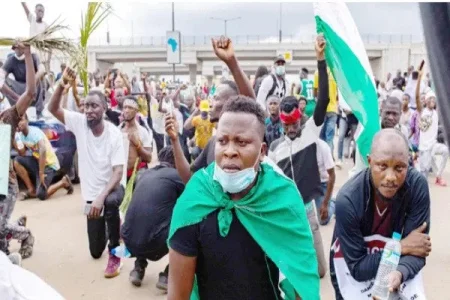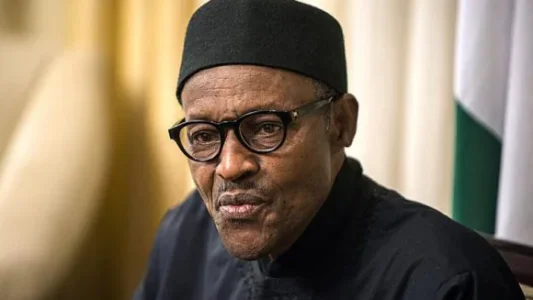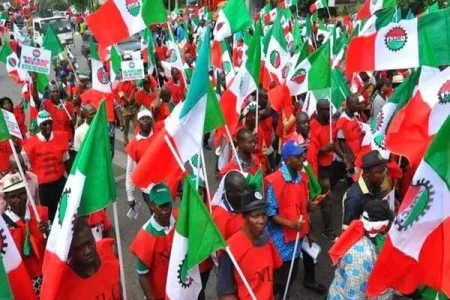
Nationwide protests are brewing in Nigeria as citizens and labor unions reject a 50% telecom tariff hike approved by the NCC. Critics argue the increase worsens economic hardships, impacting students and small businesses. Activists and organizations demand a reversal, citing the digital divide and rising costs of living.
Nigerians are gearing up for nationwide protests following the Nigerian Communications Commission’s (NCC) approval of a 50% tariff hike for telecom services. The increase, attributed to rising operational costs and economic challenges, will see call rates climb from ₦11 to ₦16.5 per minute, SMS charges rise from ₦4 to ₦6, and 1GB of data cost ₦431.25.
The decision has sparked widespread criticism, with labor unions and activists condemning the move as ill-timed amidst economic hardships. The Nigeria Labour Congress (NLC) and Trade Union Congress (TUC) have voiced opposition, describing the hike as a further strain on already struggling citizens. Both organizations have threatened to mobilize protests if the increase is not reversed.
Dr. Yunusa Tanko, National Coordinator of the OBIDIENT Movement, labeled the hike “a final blow to the economy,” urging the government to reconsider the decision. He highlighted its potential impact on small businesses, education, and the general populace.
Student groups, including the National Association of Nigerian Students (NANS), have also expressed outrage, issuing a 72-hour ultimatum for a reversal. They argue the hike will exacerbate the digital divide, hindering students’ access to online resources.
Activist Omoyele Sowore confirmed discussions with the NLC to coordinate nationwide protests. He criticized the tariff increase as unjust and vowed to support credible demonstrations.
In response, the Federal Competition and Consumer Protection Commission (FCCPC) emphasized the need for improved service quality alongside tariff changes, urging operators to prioritize consumer interests.
The protests, if realized, could escalate tensions as Nigerians demand a rollback of the controversial decision.



![[VIDEO] Some Northerners Celebrate Buhari’s Death Amid Mixed Reactions](/data/attachments/218/218914-373995ab2209b80a723744b10c0ed171.jpg?hash=5_4NWIFXHw)
